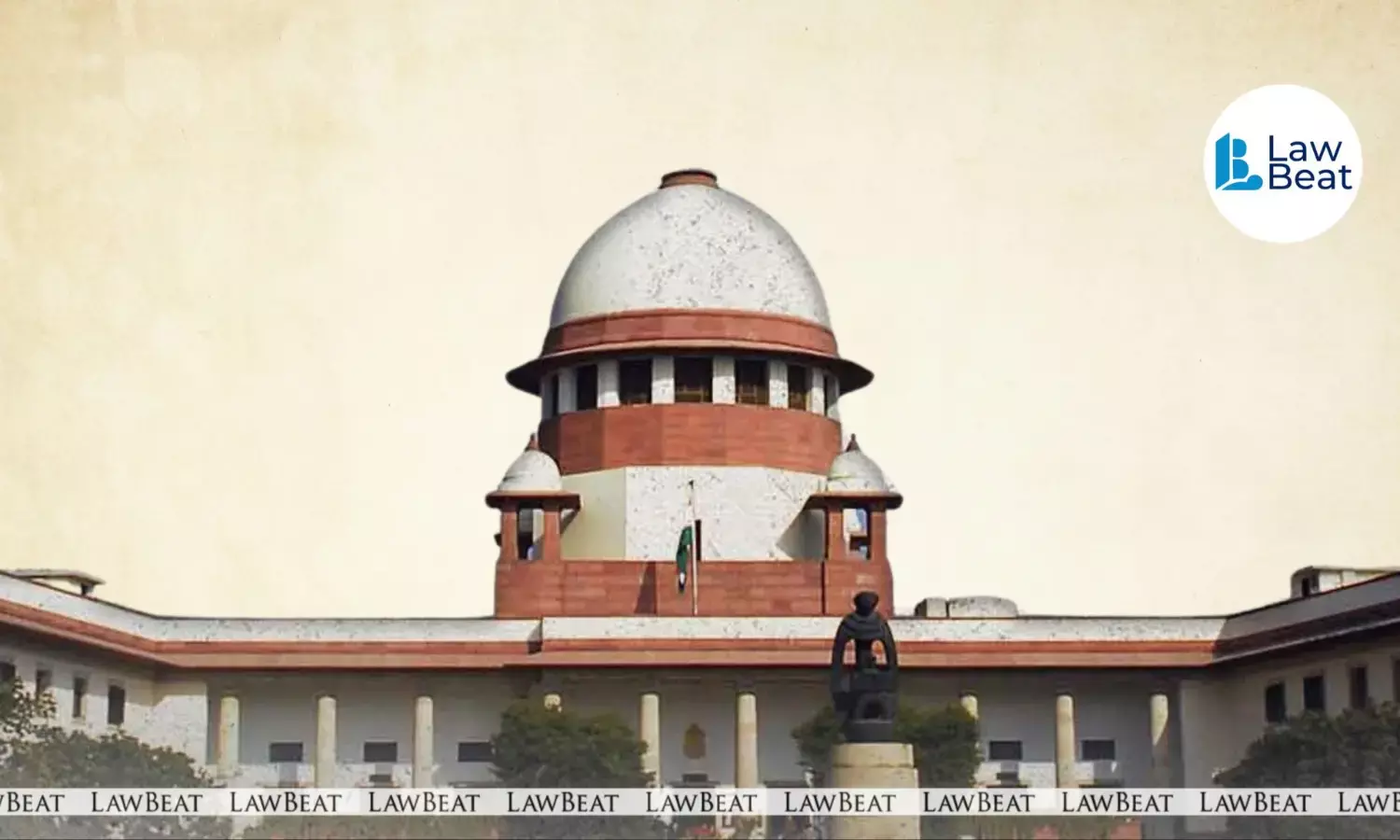Habeas Corpus Plea in SC Challenges Arrest, Cites Pending Mihir Rajesh Ruling

A habeas corpus plea has been filed before the Supreme Court challenging the legality of an arrest on the ground of non-compliance with constitutional safeguards.
The petition draws strength from the pending matter of Mihir Rajesh Shah v. State of Maharashtra (SLP (Crl.) No. 17132/2024), in which the Supreme Court has reserved judgment on whether non-supply of written grounds of arrest at the time of arrest violates Article 22(1) and Section 47 of BNSS and whether such non-compliance renders the arrest illegal.
The petitioner argues that his case involves an identical question of law and expects similar relief, as the grounds of arrest were admittedly not provided at the time of arrest and were supplied only later.
The petition, filed under Article 136 of the Constitution, assails the Delhi High Court’s order dated August 12, 2025, which dismissed a plea seeking to declare the petitioner’s arrest on June 15, 2025, as illegal and to quash the subsequent remand proceedings in connection with FIR No. 29/2025 registered under Sections 318(4)/316(2)/61(2) of the Bharatiya Nyaya Sanhita (BNS), 2023 at the Crime Branch, New Delhi.
The petitioner argues that the arrest and detention violate fundamental rights under Articles 22(1) and 22(2) of the Constitution and the provisions of the BNSS.
The plea seeks setting aside of the High Court’s judgment, quashing of the arrest and remand orders, and the petitioner’s immediate release from custody.
According to the petition, the arrest is invalid because the grounds of arrest were not furnished at the time of arrest as required under Article 22(1) and Section 47 of the BNSS, 2023. The petitioner was allegedly detained at 11:04 am on June 15, 2025, but the arrest was formally recorded at 11:44 pm, and he was produced before the magistrate only at 3 pm the next day, well beyond the 24-hour limit mandated under Article 22(2) and Section 58 of BNSS.
The plea also claims that these lapses render the arrest illegal and all consequential actions void.
The petition disputes the Delhi High Court’s reliance on an affidavit filed by the Investigating Officer stating that the petitioner was allowed to leave the police station for lunch and make phone calls, terming it an afterthought without corroborative evidence such as logbook entries or CCTV footage.
The absence of CCTV in the police station, contrary to Supreme Court directions in Paramvir Singh Saini v. Baljit Singh & Ors. (2021) 1 SCC 183, has also been flagged.
It is further submitted that even the documents produced by the investigating agency reflect inconsistencies.
While the copy of grounds of arrest before the magistrate bears signatures of both the IO and the petitioner, the copy given to the counsel bears only the IO’s signature. The status report claims that the grounds were supplied at 12:15 am on June 16, but the petitioner contends that no such communication was made at the time of arrest or immediately thereafter.
The petitioner emphasizes that the High Court ignored the principle laid down by the Supreme Court in Vihaan Kumar v. State of Haryana, 2025 SCC OnLine SC 269, which held that the burden of proving compliance with Article 22(1) rests on the investigating agency, not the accused.
It is alleged that the High Court instead shifted the burden on the petitioner and dismissed the plea on presumptions.
The petitioner submits that a magistrate’s remand order cannot cure an arrest that is fundamentally illegal, citing State of Punjab v. Davinder Pal Singh Bhullar (2011) 14 SCC 770, which held that if the initial action is unlawful, all subsequent steps fall.
The plea asserts that the High Court’s judgment suffers from errors apparent on the face of the record, leading to manifest injustice, and seeks intervention by the Top Court on the aforesaid grounds.
